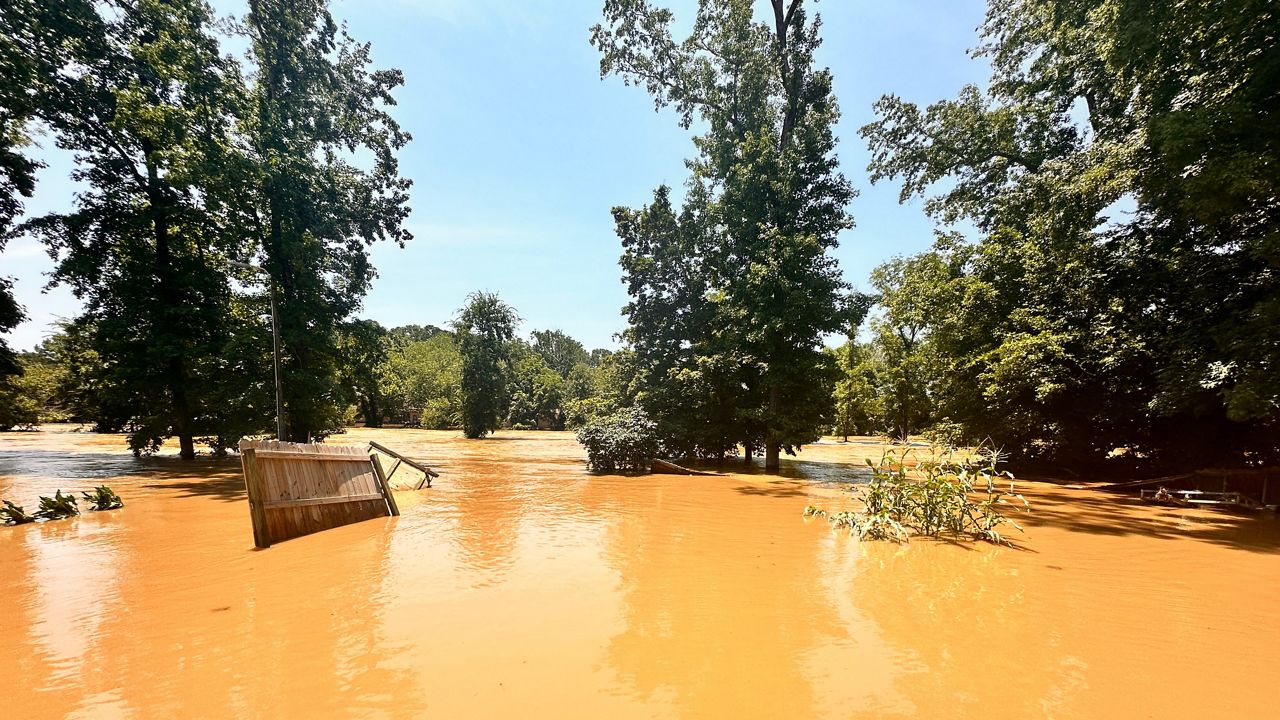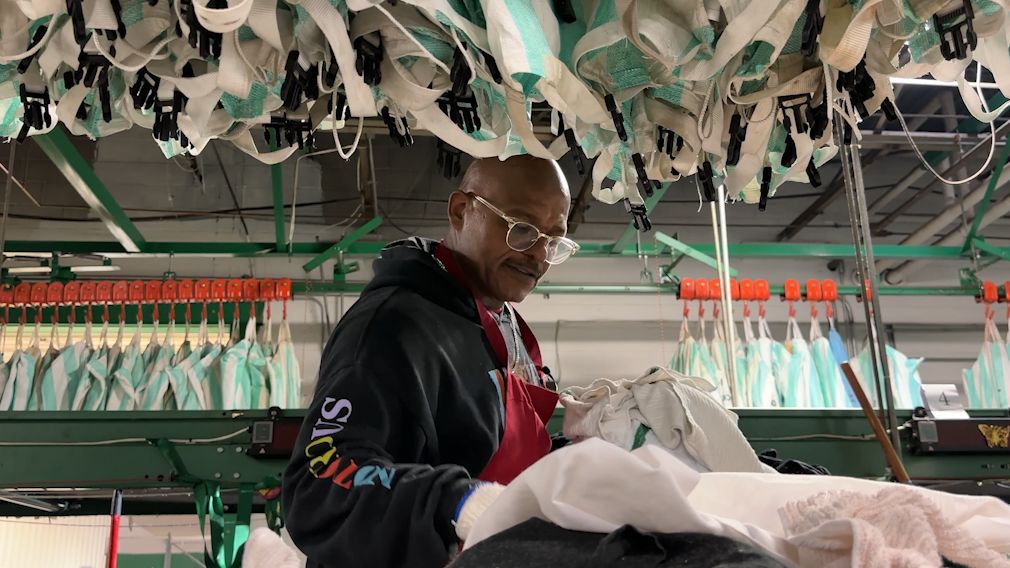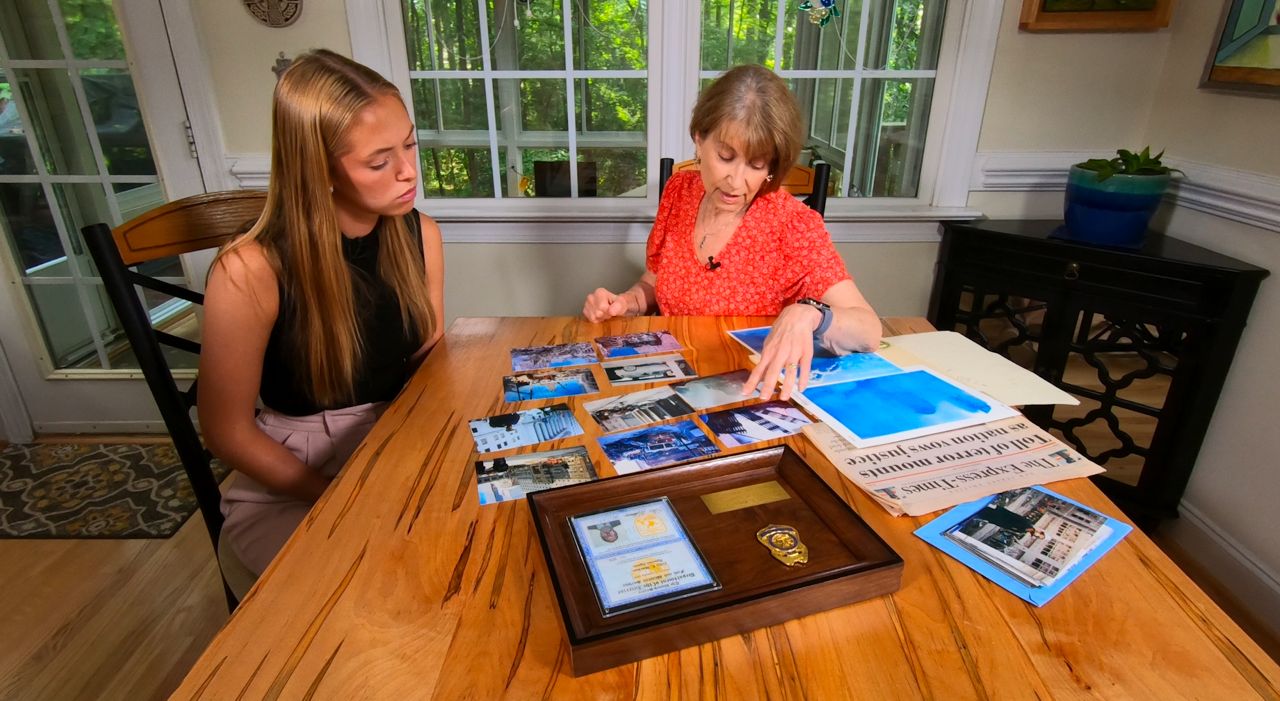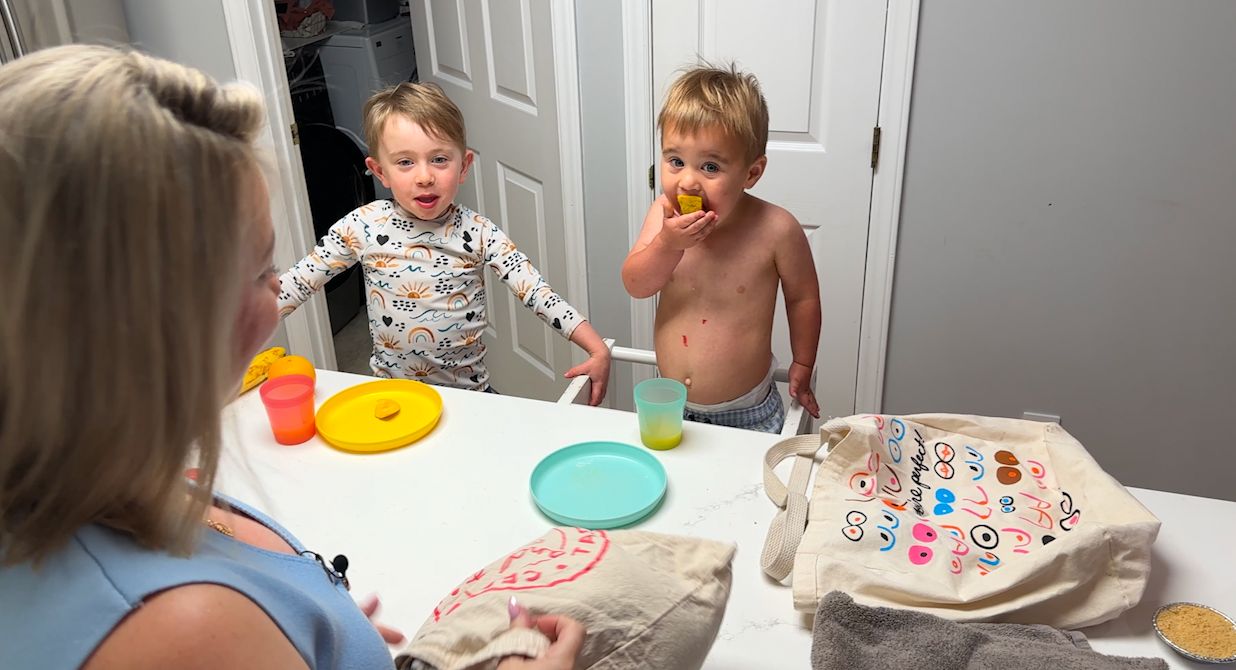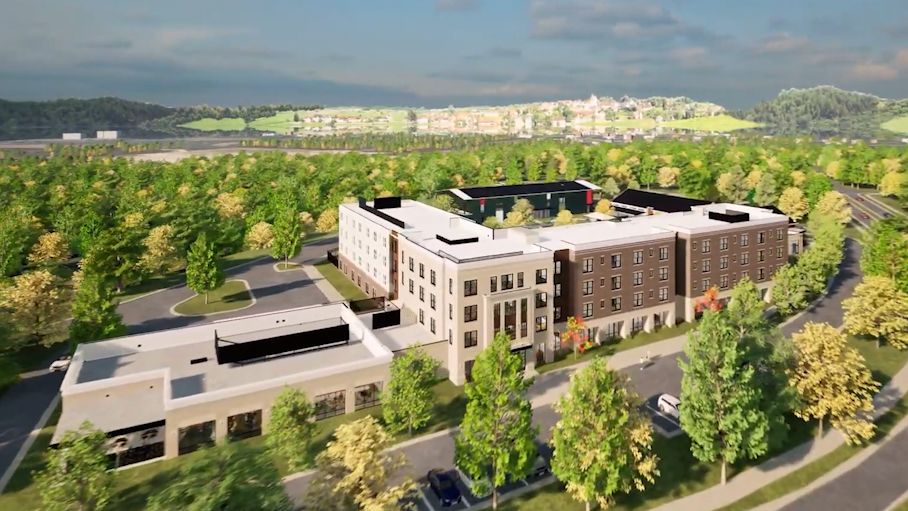HILLSBOROUGH, N.C. — The funeral industry is just one of many that may see a price increase as some tariffs begin to take effect and trade deals continue to take shape. As this unfolds, a Triangle-area funeral home is offering more affordable alternatives and holding sessions for those who have end-of-life questions at events dubbed "death cafes."
According to Funeralocity, a funeral cost comparison tool, the average traditional full service burial in North Carolina is over $8,000. Caskets and urns are often made of items like steel and aluminum. These are materials facing tariffs, which could lead to an increase in overall cost.
What You Need To Know
- Many caskets are made of aluminum and steel
- Endswell A Modern Funeral Home provides eco-friendly and economic options for burial and aquamation
- Hunter Beattie and his wife opened the modern funeral home in 2022
- Endswell hosts Death Cafes a few times a month
While in a cemetery in 2022, Hunter Beattie read Nobel Prize winner and former Archbishop of Cape Town Desmond TuTu chose aquamation rather than cremation after he died.
“I looked out at the cemetery, and it was the first time I noticed that all the flowers were plastic,” Beattie said. “It was the first time I contemplated this practice of preserving someone after they've died with formaldehyde and placing them into a non-biodegradable casket, the casket into a concrete vault in the middle of town.”
It prompted Beattie and his wife, Veronica, to open Endswell a Modern Funeral Home.
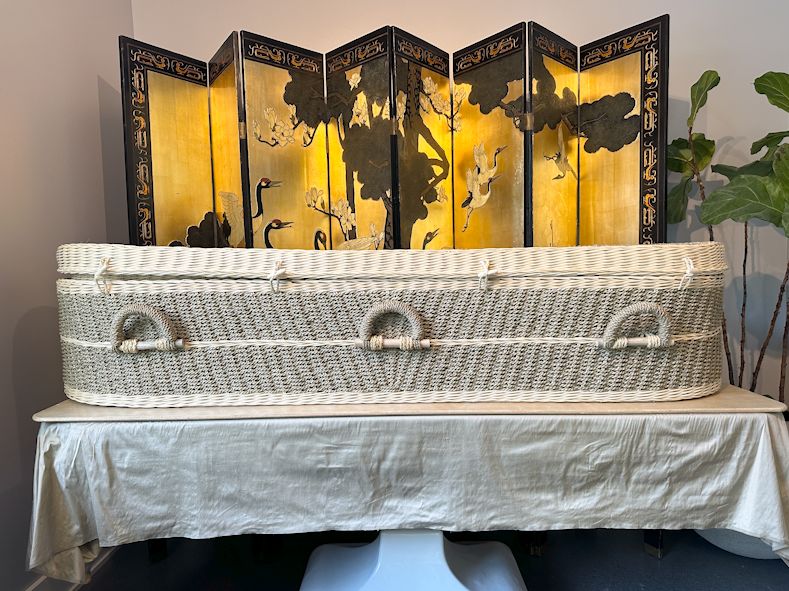
The industry outsiders opened the funeral home with a focus on eco-friendly methods of burial and offering one-of-a-kind urns and caskets.
He said most urns are mass produced from China or India. His gallery consists of a variety of urns made by local artists of material like bamboo, felt, wood and ceramics.
“The urns kind of allow a family to come in and spend time thinking about their loved one and find a piece that resonates with them or reminds them of something their loved one would like,” said Beattie.
Cremation is often used as a more affordable option for families and is becoming more popular, with over 60% of bodies now being cremated.
“You can proceed with cremation and then take your time. And a month or two months later, plan a memorial service,” said Beattie.
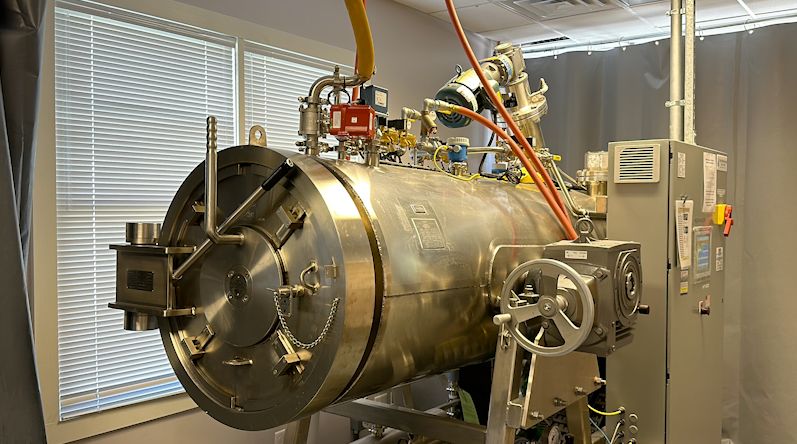
Endswell also offers aquamation at its Hillsborough location. Aquamation, or water cremation, is a more eco-friendly and gentler process than the high heat involved in fire cremation and can get more ashes back.
“Aquamation uses one tenth of the energy and doesn't produce any carcinogenic or toxic gas emissions because you're not burning the body,” said Beattie.
Endswell also offers green and natural burials, with offerings of wicker caskets and shrouding the body in silk or cotton. The bodies can be laid to rest at places like Bluestem Conversation Cemetery.
“The body is given back to the Earth. It's not preserved with formaldehyde or placed into a non-biodegradable, shiny metal or plastic casket,” Beattie said.
The U.S. Bureau of Labor Statistics shows an increase of the cost of the production of metal caskets and as an estimated 60% of caskets are made of metal, there could be an added cost.
“I've talked to a lot of funeral directors who are concerned about the rise in casket prices, but it would probably be fairly negligible, maybe 15, 20%,” said Beattie.
Endswell applied for a USDA grant to fund solar arrays to offset their electrical consumption. This grant was frozen but is now seeing movement. He believes this will make them the first carbon-neutral funeral home in the country.
Endswell also hosts multiple Death Cafes each month, allowing people to become more comfortable with death or talk about end-of-life questions.
“You have a support group that's not going to judge you based on what you're thinking, because obviously they probably are thinking the same things, are going through the same things,” Beattie said.
Beattie said there have been thousands of death cafes in close to 100 countries since 2011.
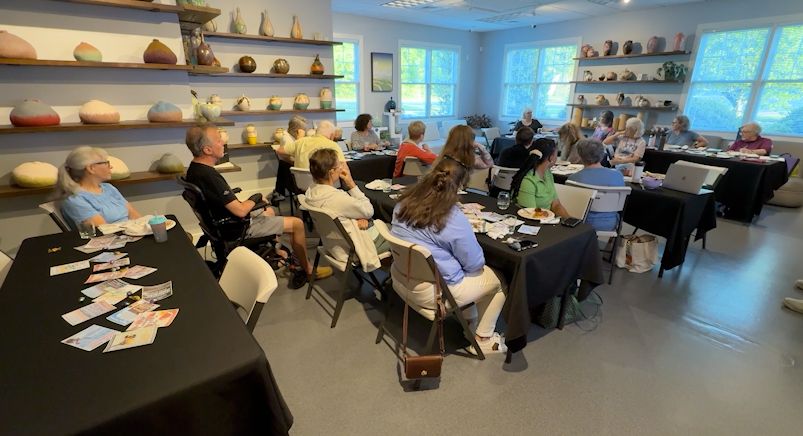
He said typically 20 to 60 people come to their death cafes, including James Mckelvey, who has been coming to Death Cafe with his wife for a few years.
“We talk about everything but having to do with death and dying mostly. It's mostly planning for your own death or somebody close to you is death,” Mckelvey said.
Mckelvey said he has learned a lot about death from his sister who is a retired hospice nurse, but the Death Cafe allows a raw and honest conversation.
“This is a place to kind of let them have that moment or have that clarification of, yes, we need to be ready," Mckelvey said.
He said end-of-life conversations with family members can be difficult, partly because people feel superstitious about death.
"They think if you talk about it, it's going to happen,” Mckelvey said.






